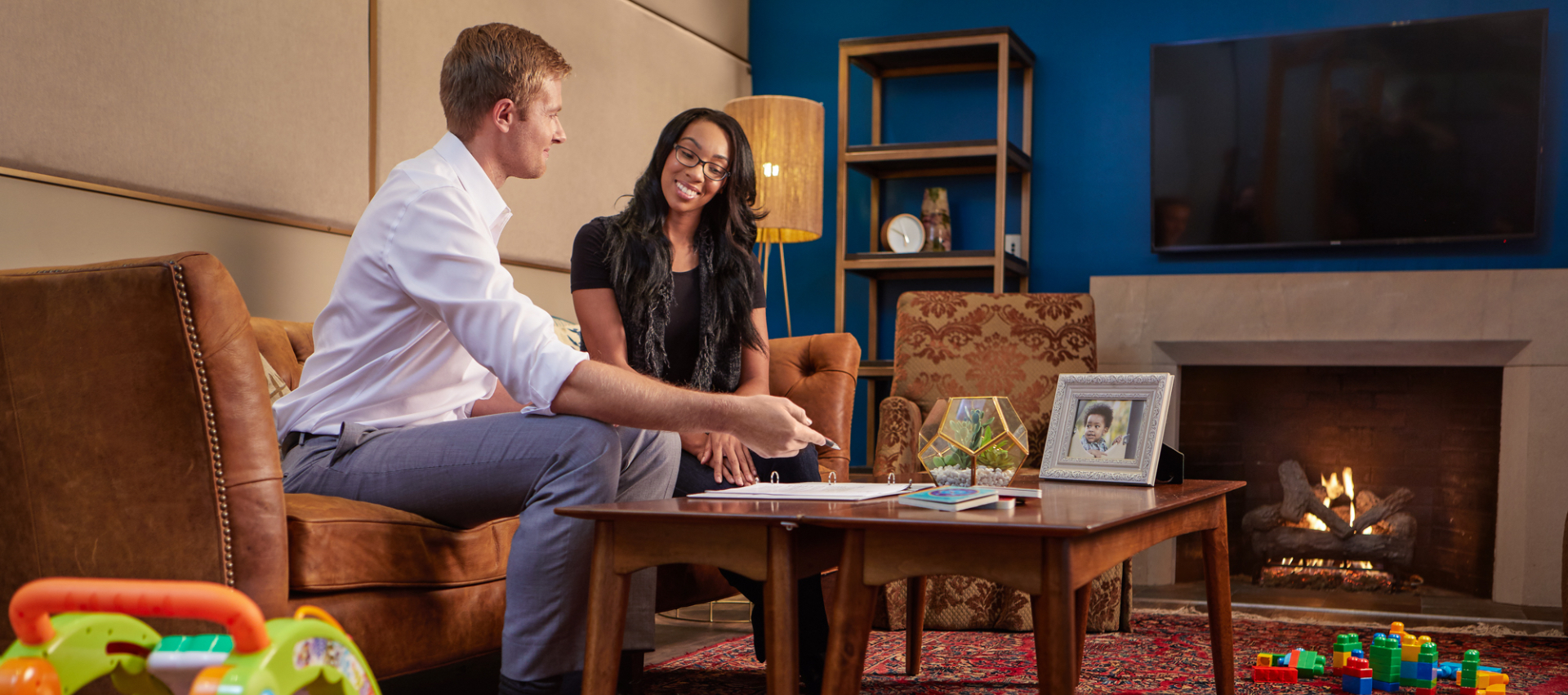
Divorce is a tumultuous and emotionally charged experience that often brings significant
changes to every aspect of life. Among the many decisions that must be made during this time,
one of the most crucial is whether to remain in or leave the marital home. While the desire to
escape a tense or uncomfortable environment may be strong, there are compelling reasons why
staying in the marital home during a divorce is often the wisest choice. Here we will explore the
importance of staying put during a divorce and the potential benefits it can offer individuals and
families navigating this challenging transition.
The marital home often serves as a sanctuary—a place of stability, familiarity, and comfort
amidst the turmoil of divorce. Staying in the marital home can provide a sense of continuity and
normalcy during a period of upheaval, especially for children who may be struggling to cope
with the changes in their family dynamic. By maintaining residence in the family home,
individuals can minimize disruption to their daily routines, preserve familiar surroundings, and
create a sense of stability for themselves and their loved ones.
From a legal perspective, leaving the marital home during a divorce can have significant
implications for individuals' rights and interests. In many jurisdictions, vacating the marital home
can be interpreted as relinquishing one's claim to it, potentially making it easier for the other
spouse to claim sole ownership or secure favorable terms in the division of property. By staying
in the marital home, individuals can protect their rights and interests, maintain their stake in the
property, and assert their position in negotiations or legal proceedings related to property
division.
Leaving the marital home often entails finding alternative housing, which can be financially
burdensome, especially in the midst of divorce proceedings. Renting or purchasing a new
property, covering moving expenses, and furnishing a new home can all add up to significant
costs at a time when individuals may already be facing financial strain. By staying in the marital
home, individuals can avoid the added expense of finding new housing and preserve their
financial resources during a time of uncertainty and transition.
Leaving the marital home means leaving behind personal belongings, possessions, and assets that
hold sentimental, practical, or financial value. From cherished family heirlooms to valuable
investments, individuals risk losing access to or control over their personal property if they
vacate the marital home. By remaining in the marital home, individuals can ensure that their
personal belongings remain accessible, protected, and accounted for during the divorce process,
reducing the risk of disputes over the division of assets.
For parents going through divorce, maintaining residence in the marital home can facilitate co-
parenting and custody arrangements, especially if children are involved. The marital home often
serves as a central hub for parenting activities, such as school drop-offs, extracurricular
activities, and shared family time. By staying in the marital home, parents can minimize
disruption to their children's lives, provide a stable and familiar environment for them, and
facilitate ongoing communication and cooperation with their co-parent.
Staying in the marital home can provide individuals with a legal foothold and recourse in the
event of disputes or conflicts during the divorce process. From enforcing temporary custody
orders to preventing unauthorized changes to property or assets, individuals who remain in the
marital home may have greater leverage and legal protection against adverse actions by their
spouse. By asserting their rights and maintaining residence in the marital home, individuals can
ensure that their interests are safeguarded and their voice is heard throughout the divorce
proceedings.
Divorce can take a significant toll on individuals emotional well-being, leading to feelings
loss, grief, and uncertainty about the future. The marital home often represents more than just a
physical space— a repository of memories, experiences, and emotions shared with loved ones.
By staying in the marital home, individuals can draw strength from familiar surroundings, seek
solace in cherished memories, and lean on their support network of friends, family, and
neighbors during this challenging time.
While the decision to stay in or leave the marital home during a divorce is deeply personal and
dependent on individual circumstances, there are compelling reasons why staying put is often the
best course of action. From preserving stability and financial resources to protecting legal rights
and maintaining emotional well-being, staying in the marital home can offer individuals and
families a sense of continuity, security, and control during a period of upheaval and transition.
Ultimately, by carefully considering the implications of their decision and seeking guidance from
legal and emotional support networks, individuals can navigate the complexities of divorce with
greater clarity, confidence, and resilience.
